Epaper Feedback
Please use this for epaper related feedback only. For other messages, please write to the newspaper's editor.
Feedback can not be blank. Please enter your feedback.
Please enter your valid email.

Epaper powered by Readwhere digital publishing platform
Download Readwhere app to read on the go

Express Network Private Limited publishes thirty three E-paper editions of The New Indian Express newspaper , thirty two E-paper editions of Dinamani, one E-paper edition of The Morning Standard, one E-paper edition of Malayalam Vaarika magazine and one E-paper edition of the Indulge - The Morning Standard, Kolkatta.
03072022 of The New Sunday Express Magazine
You are logged-in with following email:
03072022 of The New Sunday Express Magazine
Please purchase this volume to read.
You are logged-in with following email:
We have sent the confirmation email
You will receive the acknowledgement with link to read this volume in your email shortly.






